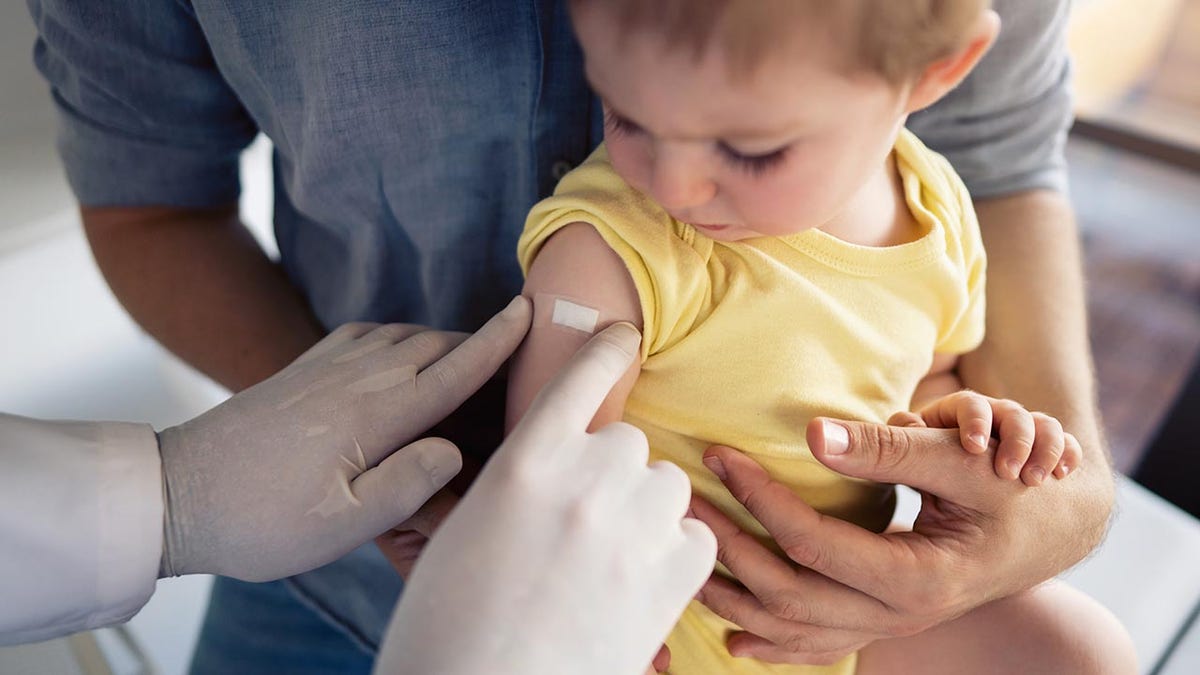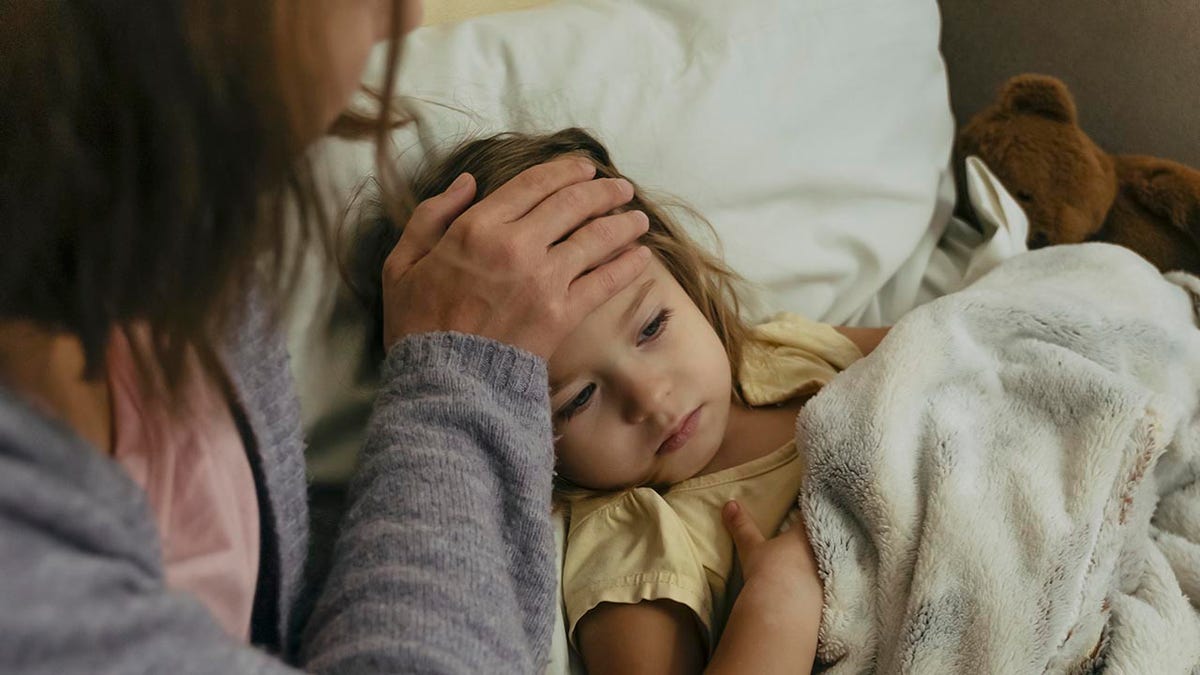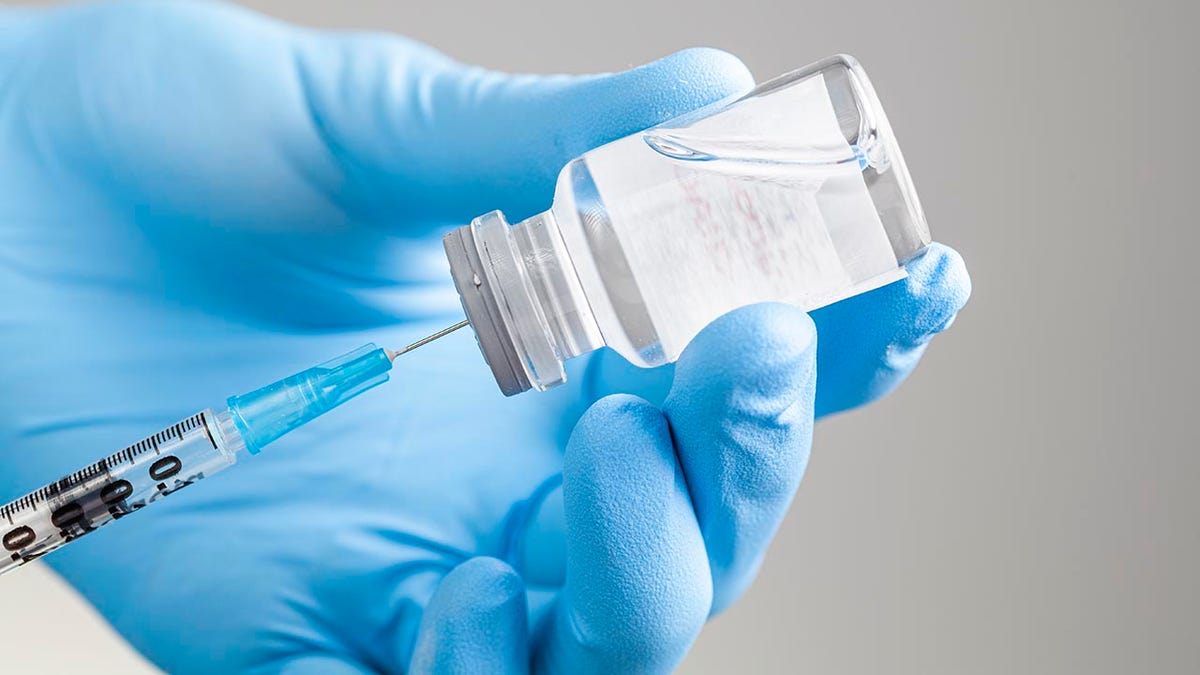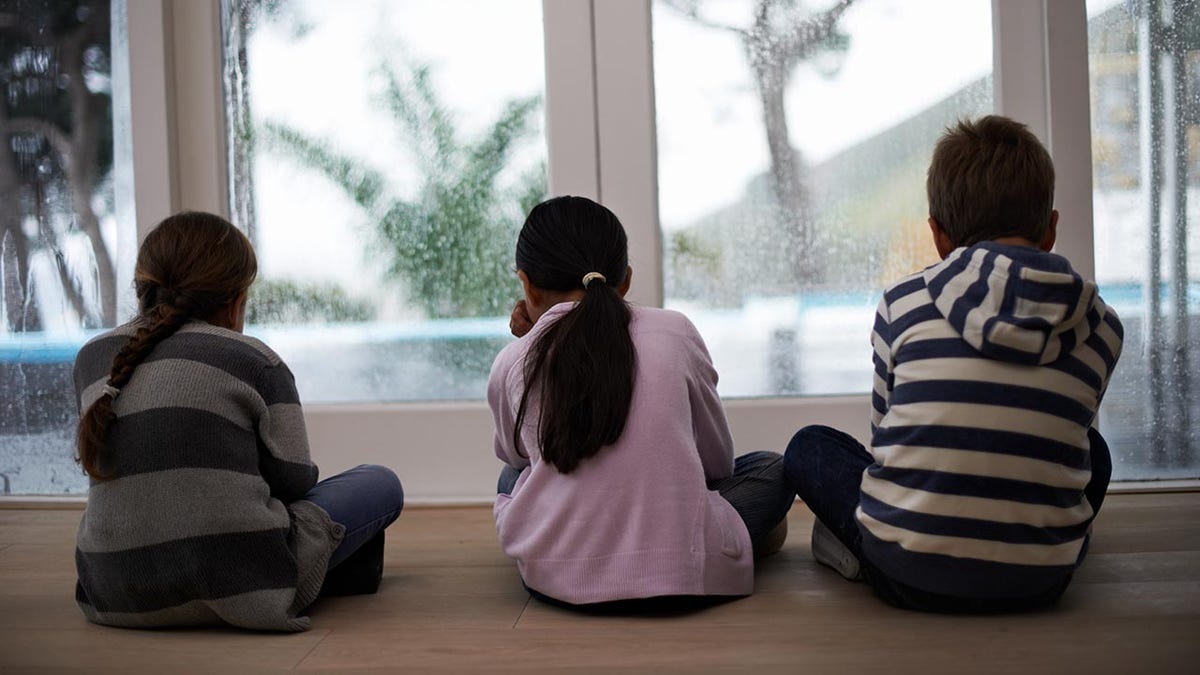Amidst recent measles outbreaks, particularly in the southwestern United States, the importance of vaccination is once again in the spotlight. The measles, mumps, and rubella (MMR) vaccine, a standard childhood immunization, has been a school entry requirement since the 1970s. However, parental concerns and vaccine hesitancy persist. Dr. Nicole Saphier, a medical contributor to Fox News and a mother of three, addresses common questions about the MMR vaccine to provide clarity and promote informed decision-making.

The combined nature of the MMR vaccine is often questioned. Dr. Saphier explains that combining the three vaccines into a single injection simplifies the vaccination process, improving public health outcomes by maximizing vaccination rates and contributing to herd immunity.
Regarding side effects, Dr. Saphier acknowledges that any medical intervention can have potential side effects. Common MMR vaccine side effects include localized skin reactions (redness, warmth) at the injection site, low-grade fever, irritability, and lethargy. These reactions are typically mild and similar to those experienced with individual measles, mumps, or rubella vaccines.

One significant concern for some parents is a potential link between the MMR vaccine and autism. Dr. Saphier emphasizes that extensive research, including a large Danish study, has found no causal relationship between the MMR vaccine and autism. While the U.S. has a higher autism incidence than some European countries, these European nations also have higher MMR vaccination rates. Dr. Saphier suggests exploring environmental factors, such as pollutants and toxins, as potential contributors to autism risk.

Dr. Saphier advocates for greater flexibility in vaccination schedules, empowering parents to make informed choices in consultation with their healthcare providers. She believes that allowing parents to delay vaccination, particularly if they have concerns about autism, could increase vaccine confidence. She criticizes the CDC's approach during the COVID-19 pandemic, suggesting that grouping the COVID-19 vaccine with established childhood vaccines like MMR contributed to increased vaccine hesitancy.

Dr. Saphier expresses support for the Make America Healthy Again (MAHA) movement, hoping it will enhance vaccine safety monitoring and bolster parental confidence in vaccination programs.

Open communication between healthcare providers and parents is crucial for addressing vaccine concerns and ensuring that vaccination decisions are made in the best interest of children's health.
Comments(0)
Top Comments